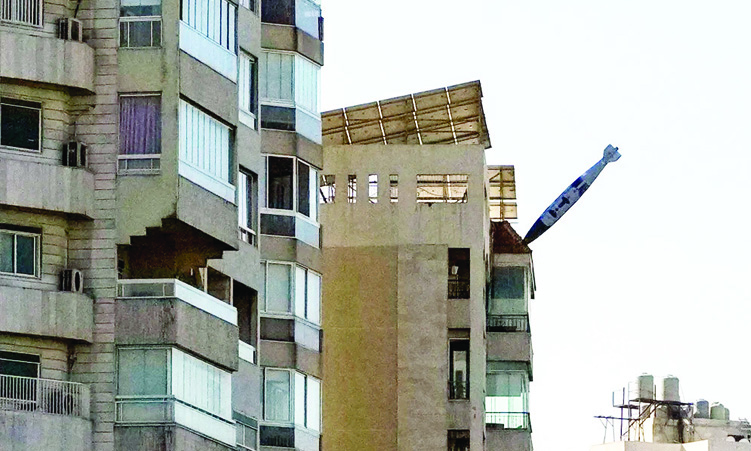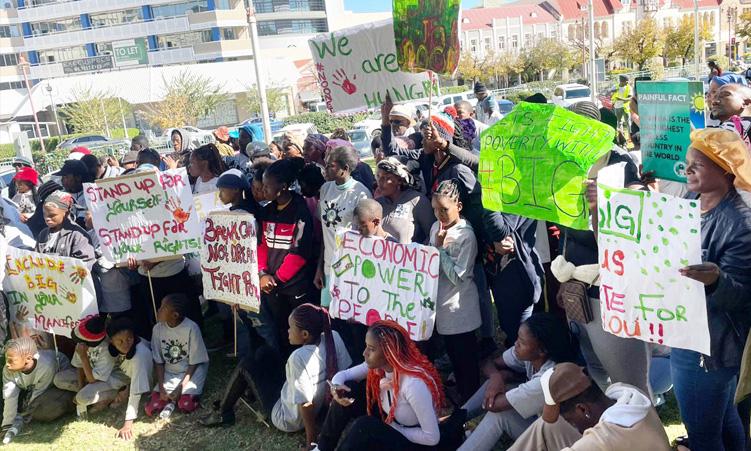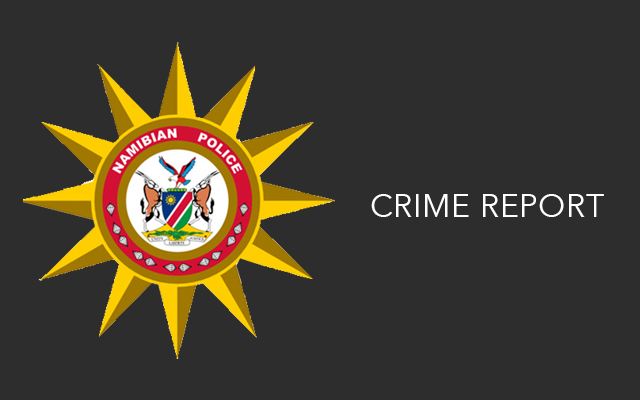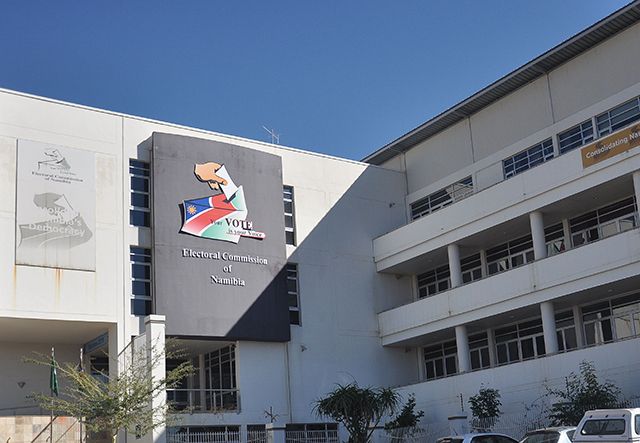“When people talk about their mothers, I stay quiet, because I don’t know my mother.” These are the words of Betty Tjamea (36), who moved to Windhoek earlier this year from Rundu in the Kavango East region, looking for greener pastures.
“I was taken away from my mother by my father when I was nine months old, according to my father’s sister, who raised me,” she says.
“I can’t recall what my mother looks like . . . her voice . . . her face, since I have never even seen a photo of her. I don’t even know her name.
“The only information I have about my mother is that she is from another tribe, and is from Okahandja,” Tjamea says.
“It is very sad and heartbreaking. I used to cry, but it doesn’t help. I wish I could meet my mother. I don’t know where she is, or whether she is alive or not.”
Tjamea says she doesn’t understand why her father used to get angry every time she asked him about her mother.
“I don’t know what happened between them that could have affected me this way.
“Every child deserves their mother’s love, because children have a different bond with their mothers than their fathers.
“But I was denied that privilege by my father, because he completely refused to share any information about her until he passed away in 2016,” she says.
She says her father told her he is withholding information, because he feared Tjamea would leave him and go to her mother.
Tjamea and her children currently live at Babylon informal settlement, and are undocumented. Her children are not attending school.
She says she only has a health passport to her name, and cannot open a bank account or be employed.
“I do not have a birth certificate or ID, but the school I attended until Grade 9 at the village was not too strict during the registration for school. They never requested my documents,” she says. “I couldn’t complete school because my father could not afford to pay school fees at the time. He was self-employed as a mechanic. He used to operate from his yard at his house, and barely made enough money.
“I heard that my first name was Albertina, which was later changed to ‘Betty Elizabeth’ by my father,” she says.
Tjamea says her children keep asking for their grandmother. She says she has been to the Ministry of Home Affairs, Immigration, Safety and Security at Rundu, but this was to no avail as her mother’s personal documents are nowhere to be found. Tjamea’s uncle, Ihemba Lukas (45), says she was taken away from her mother at a young age because her mother was irresponsible.
More than that he does not know, he says.
“I asked my brother when he was still alive, but he also refused to tell me.”
Home affairs ministry director for civil registration and regional coordination Collen Muleke has advised Tjamea to go to the nearest home affairs office for identification and biometric verification to determine the legitimacy of her case before she can apply for personal documents.
“We have stopped sending people back to the regions they originate from, or referring them to other regions. We can do verification at regional offices, unless the case is very complicated and inheritance is involved,” he says.
Stay informed with The Namibian – your source for credible journalism. Get in-depth reporting and opinions for
only N$85 a month. Invest in journalism, invest in democracy –
Subscribe Now!






